Toyota Motors: Analysis of Operations Management Practices Report
VerifiedAdded on 2023/01/18
|10
|583
|78
Report
AI Summary
This report provides an overview of Toyota Motors' operations management, examining its history, market position, and competitive advantages. It delves into the company's production processes, including the Just-in-Time (JIT) inventory system and the concept of Jidoka. The report analyzes the distribution of Toyota's products, from raw materials to the end consumer, highlighting the roles of producers, wholesalers, and dealers. Furthermore, the report discusses the company's focus on environmental sustainability and its eco-friendly practices. The report concludes with recommendations for improvement, particularly concerning electronic waste and extended producer liability, emphasizing the critical role of operations management in the company's success.
1 out of 10
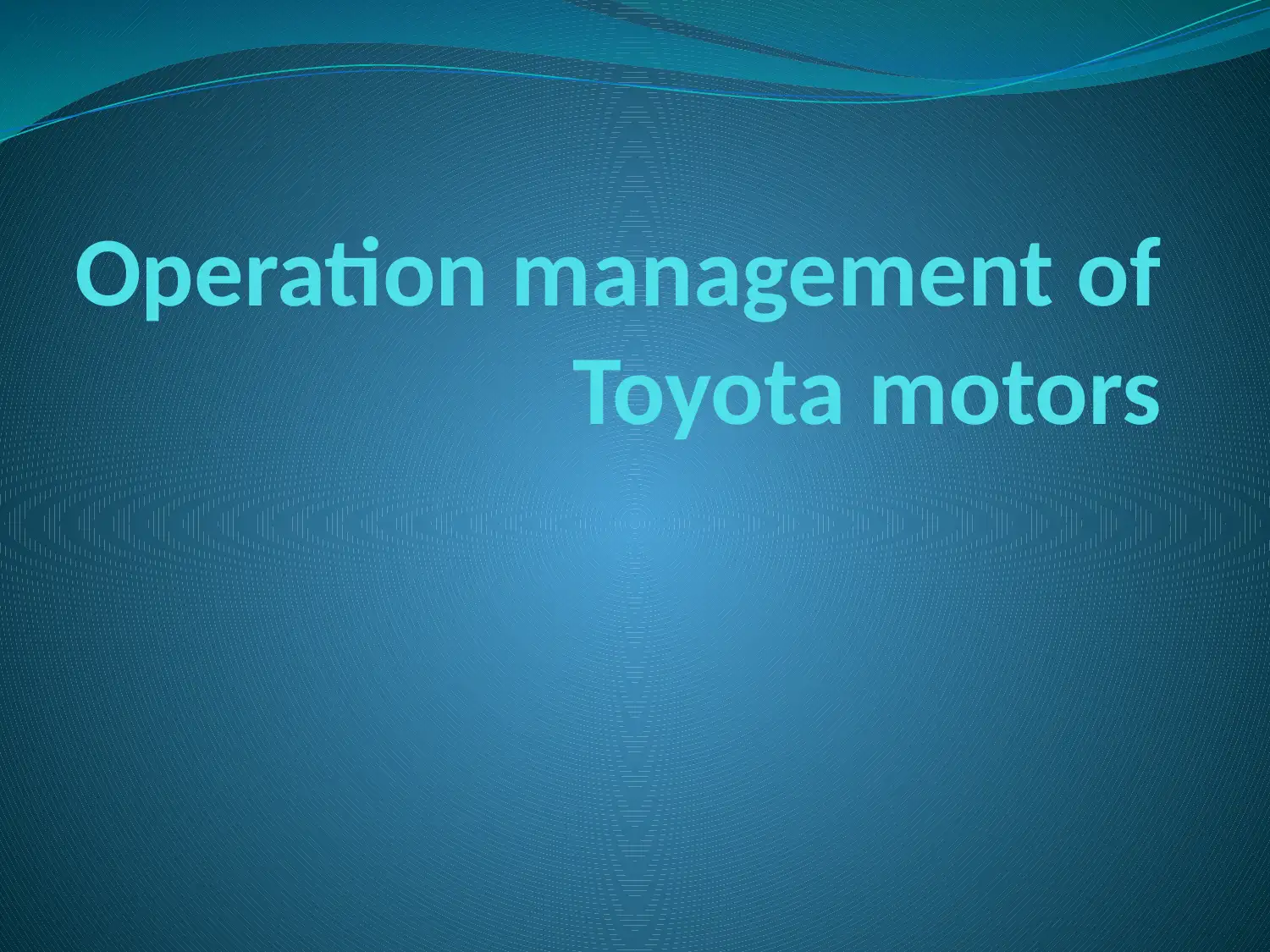
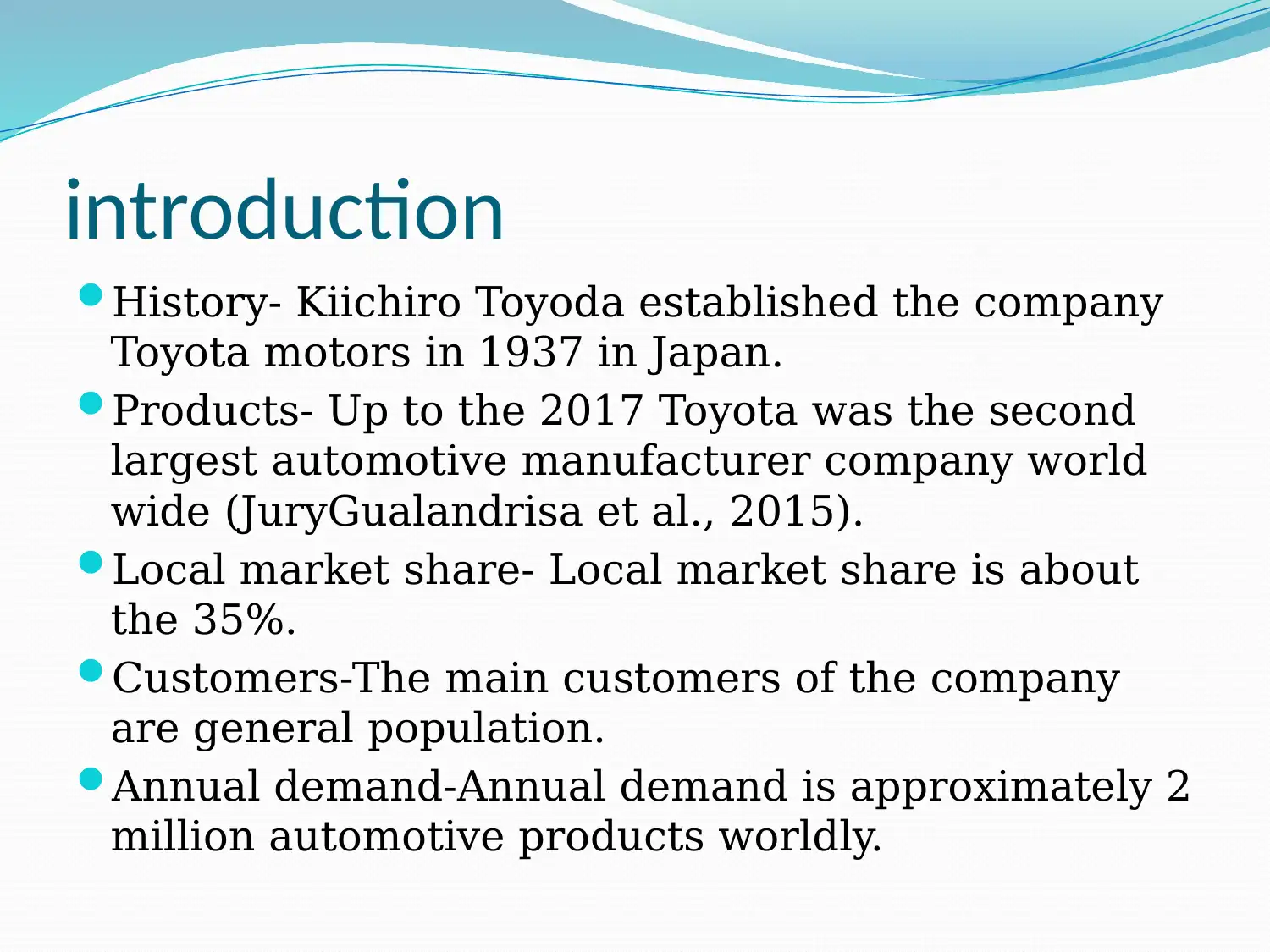
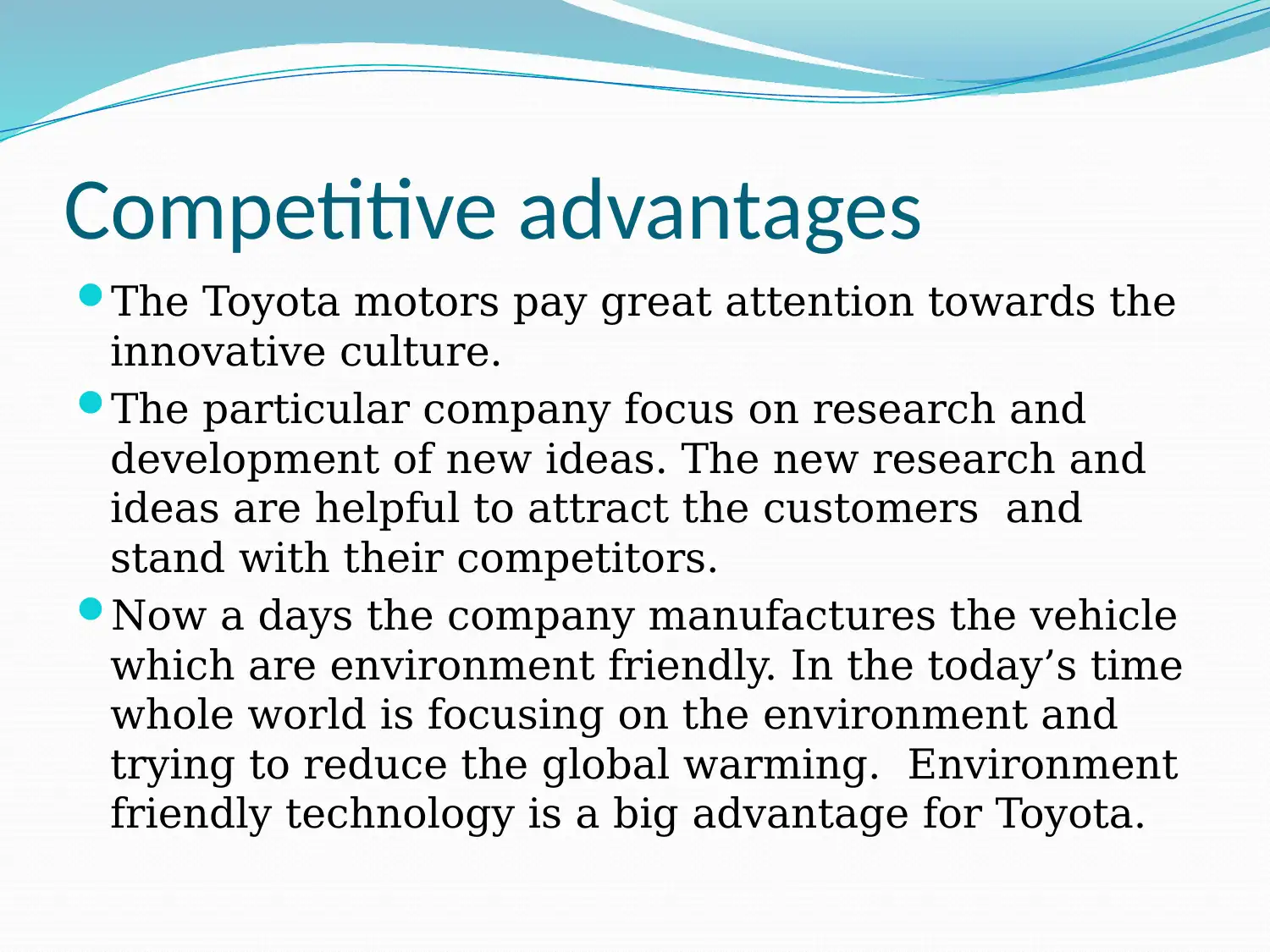

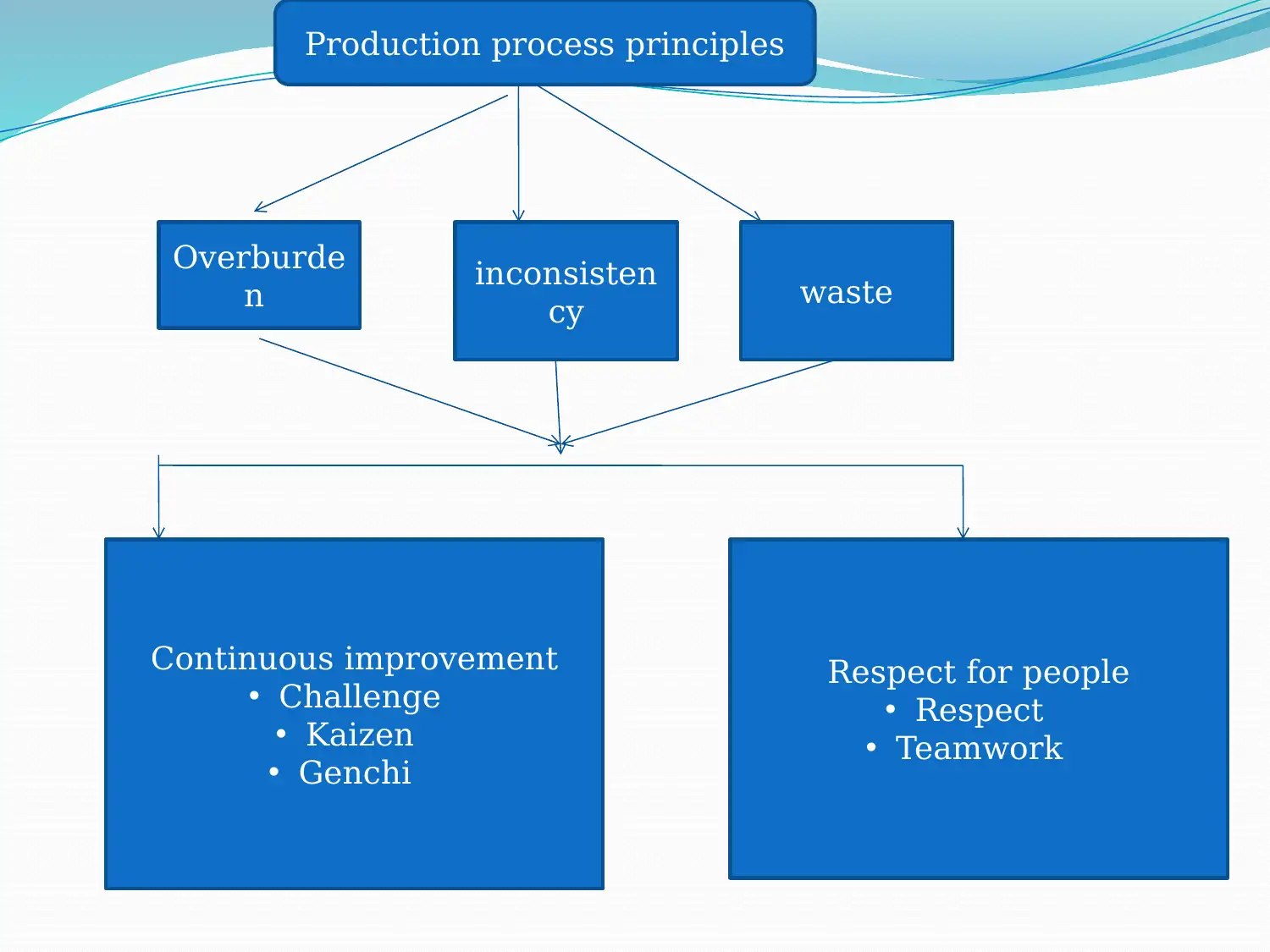
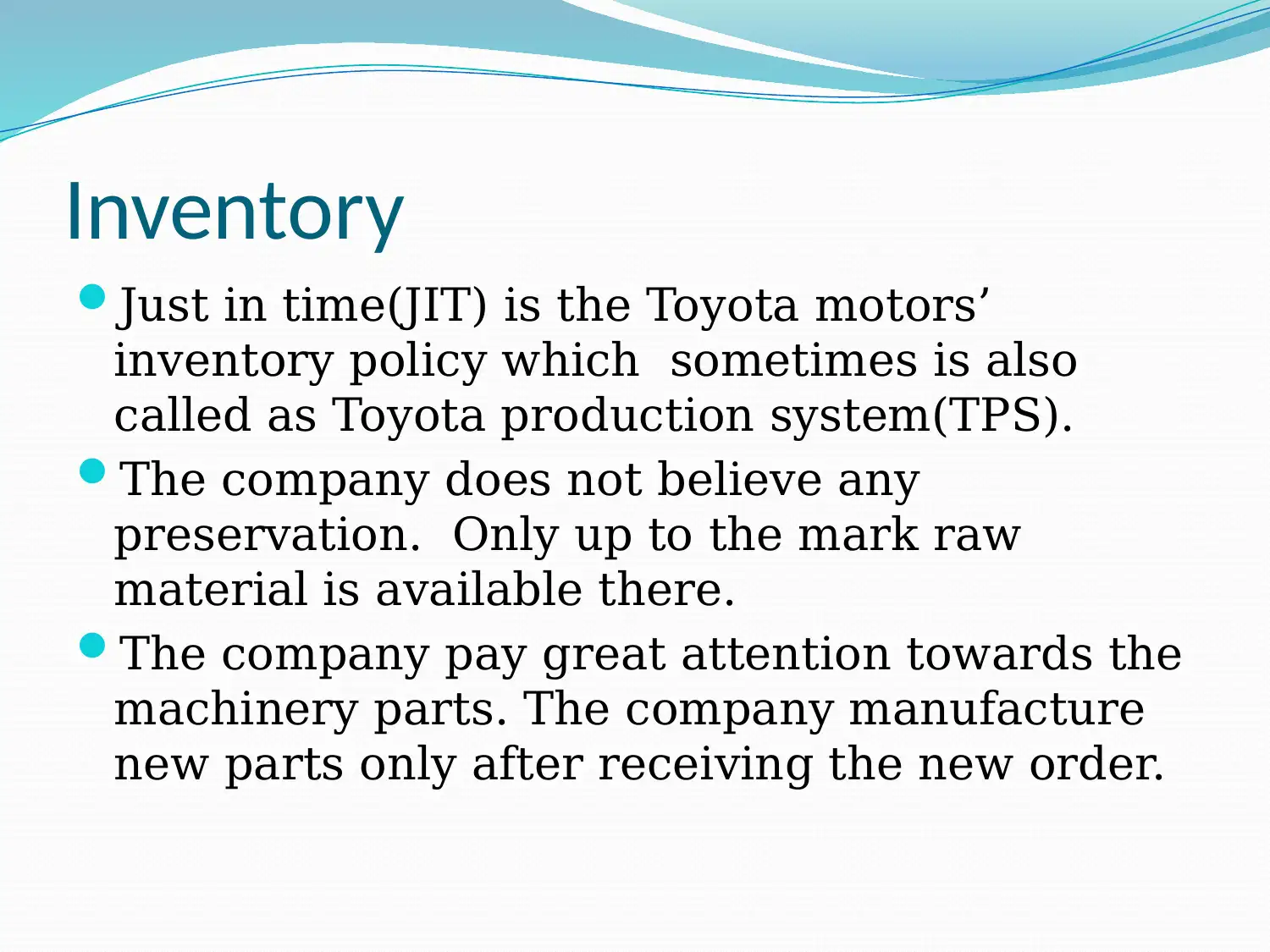
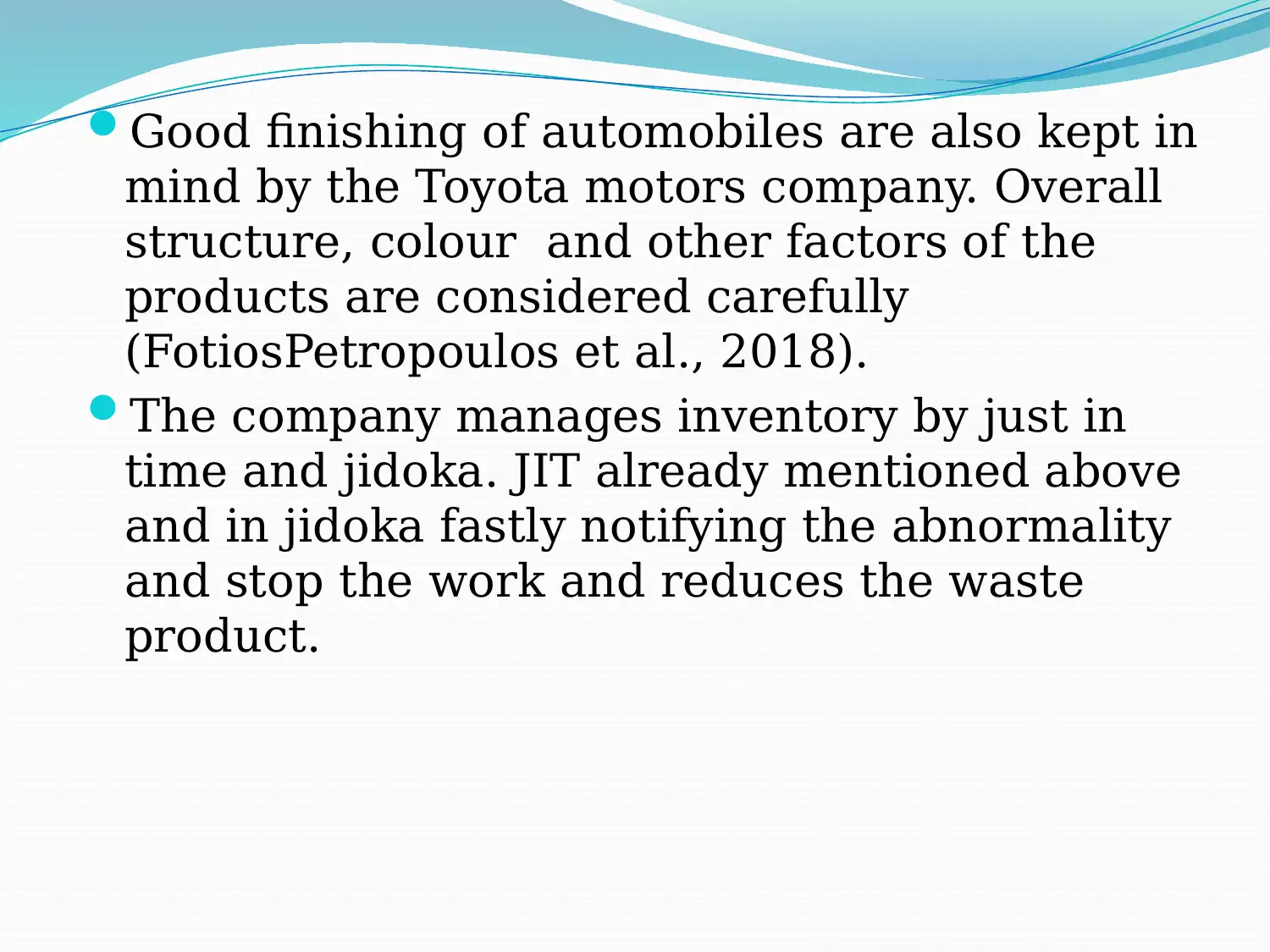
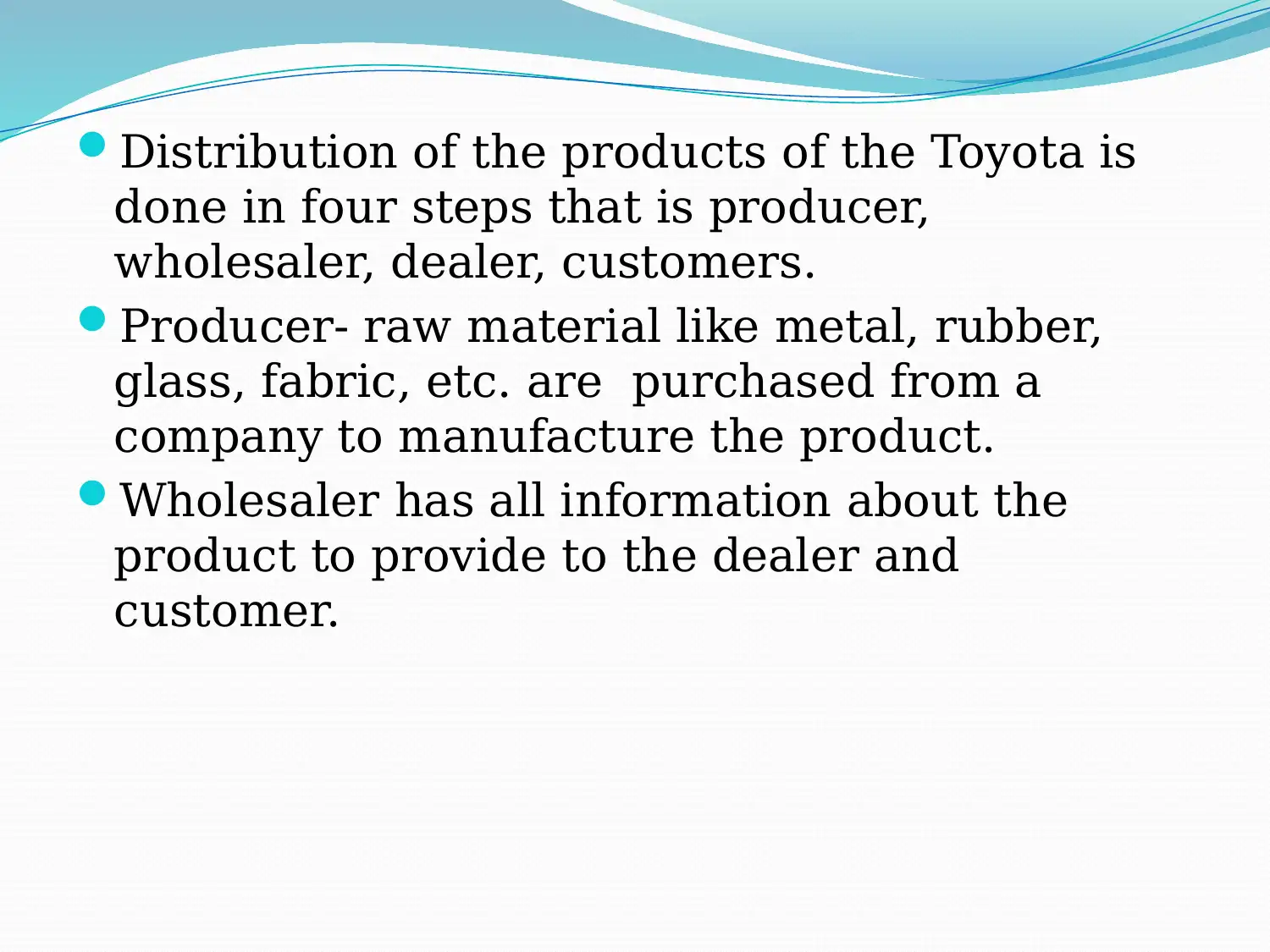
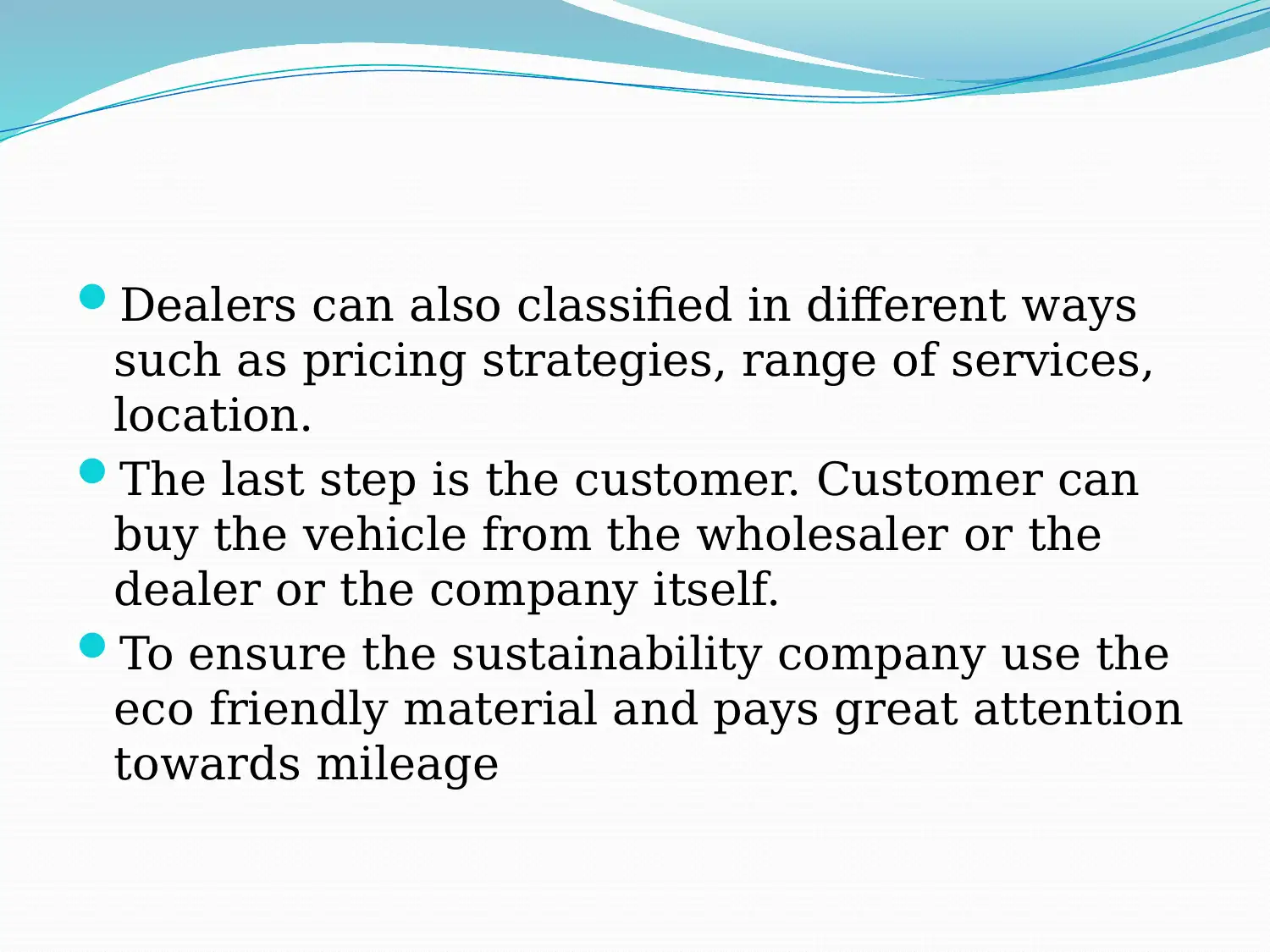
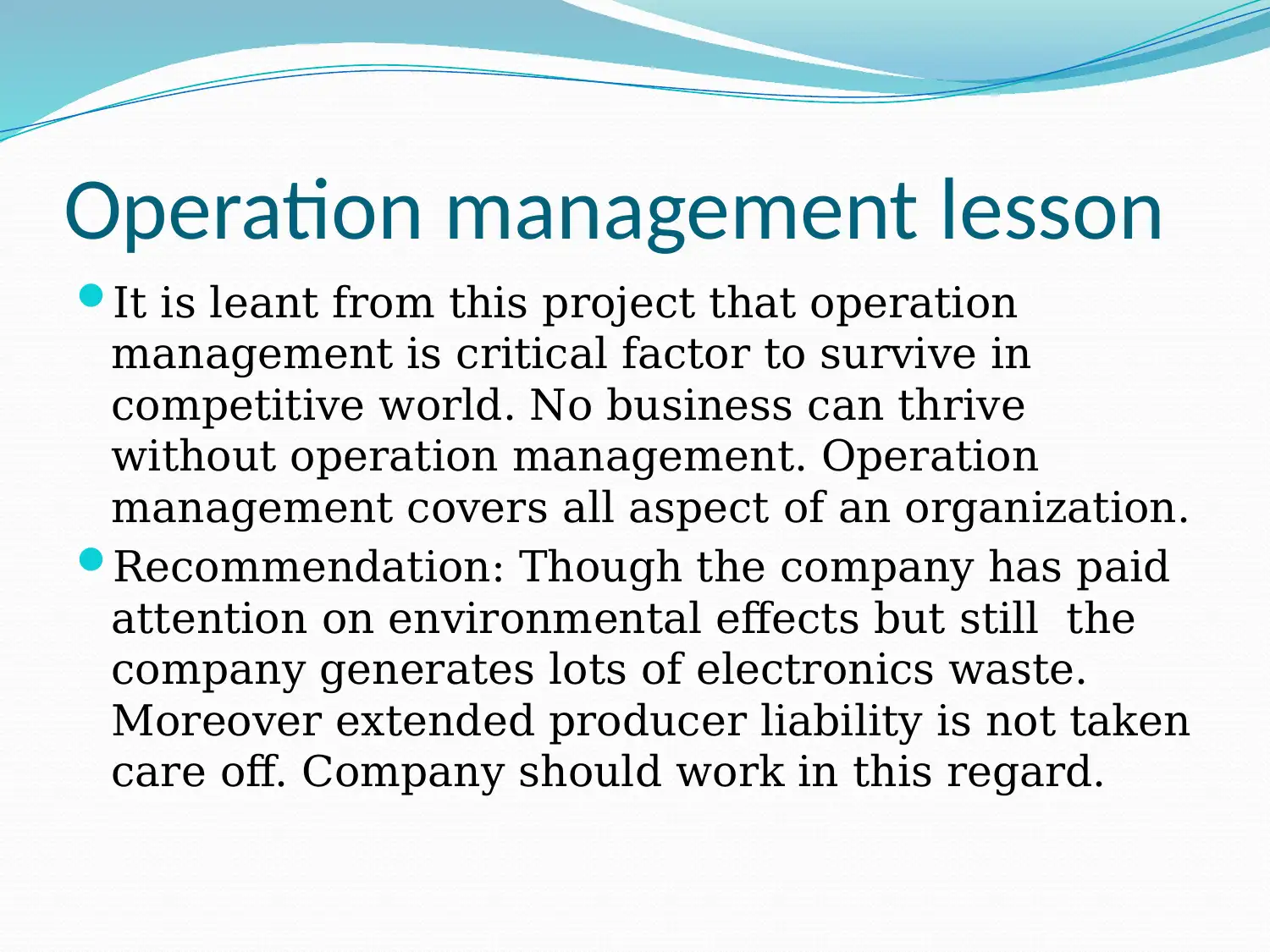
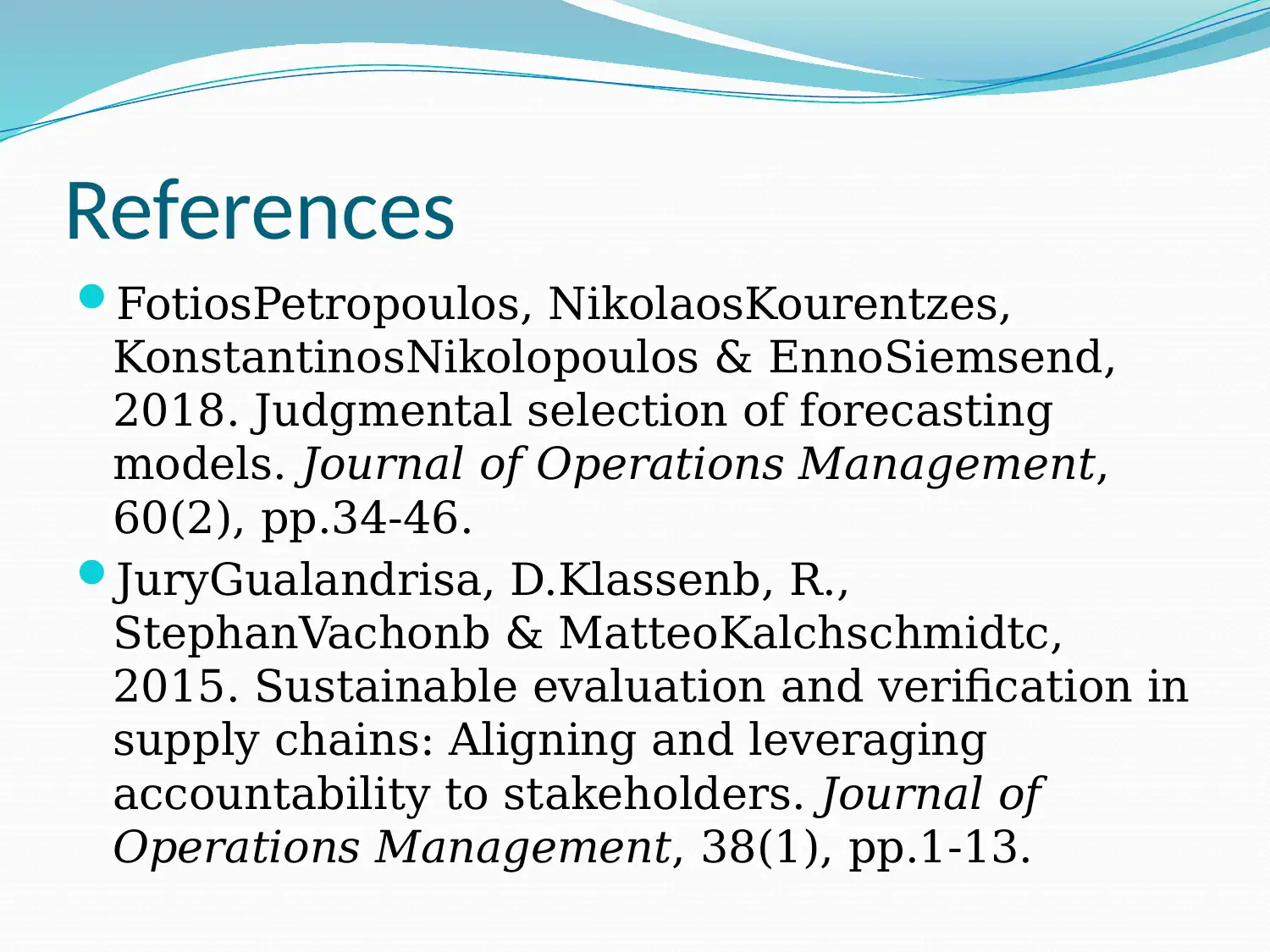






![[object Object]](/_next/static/media/star-bottom.7253800d.svg)